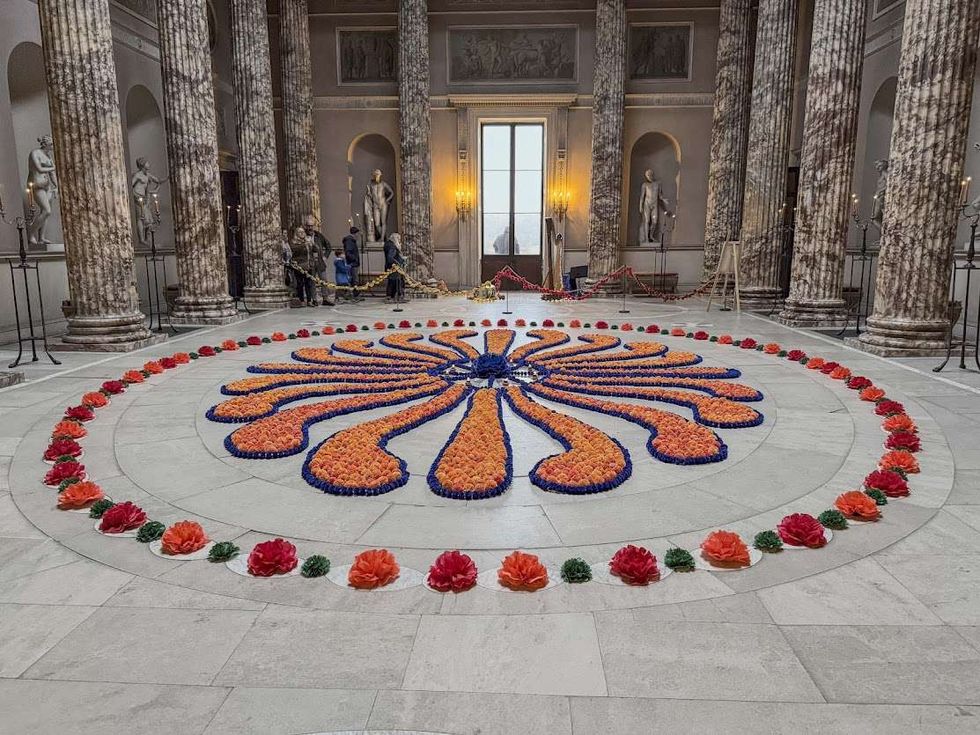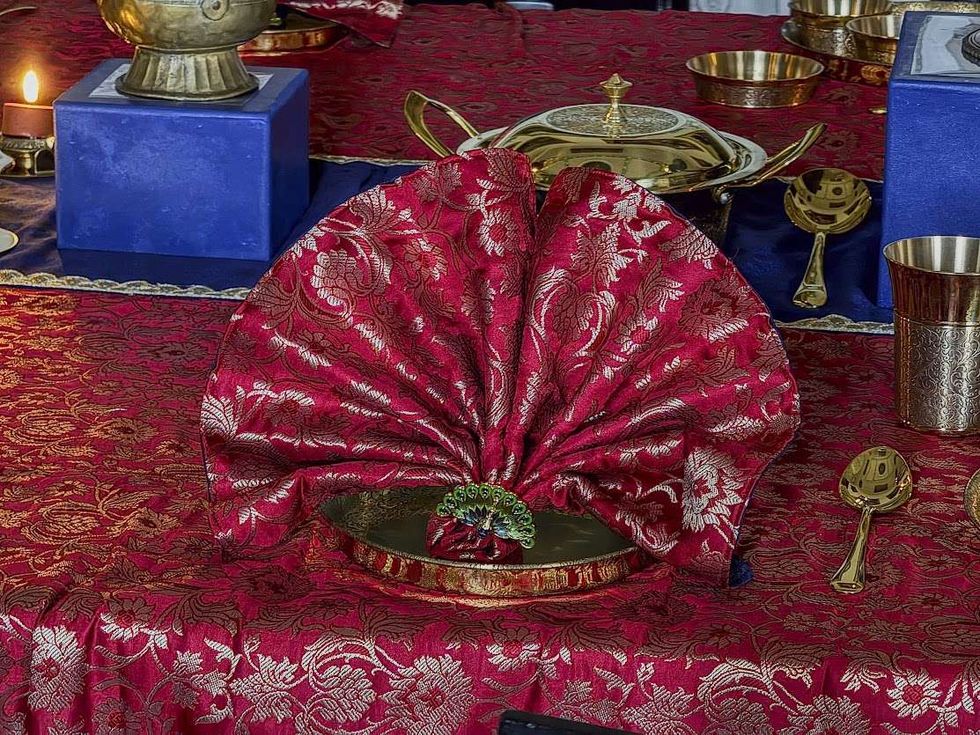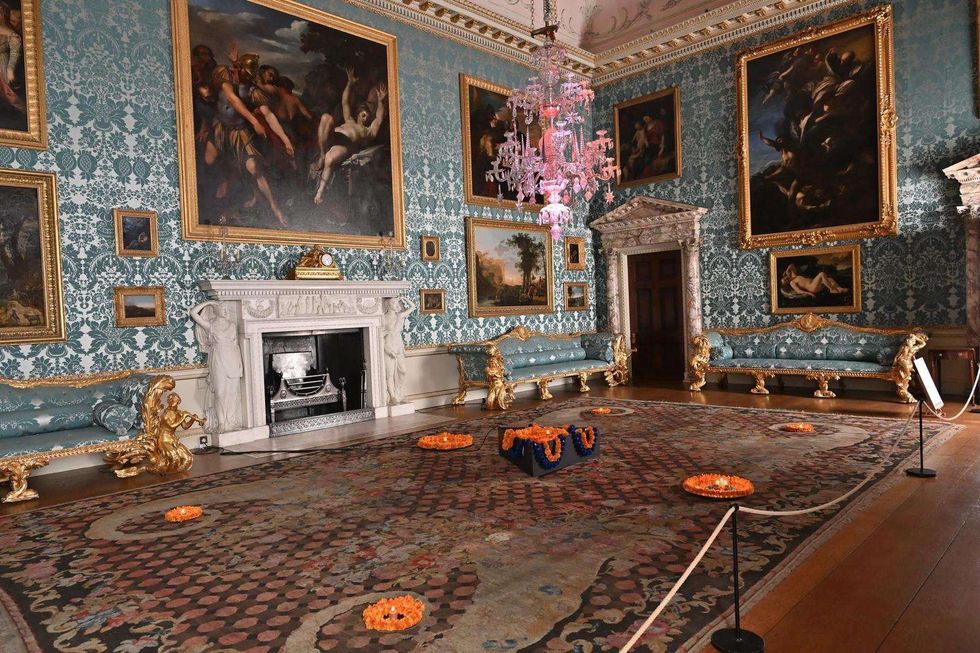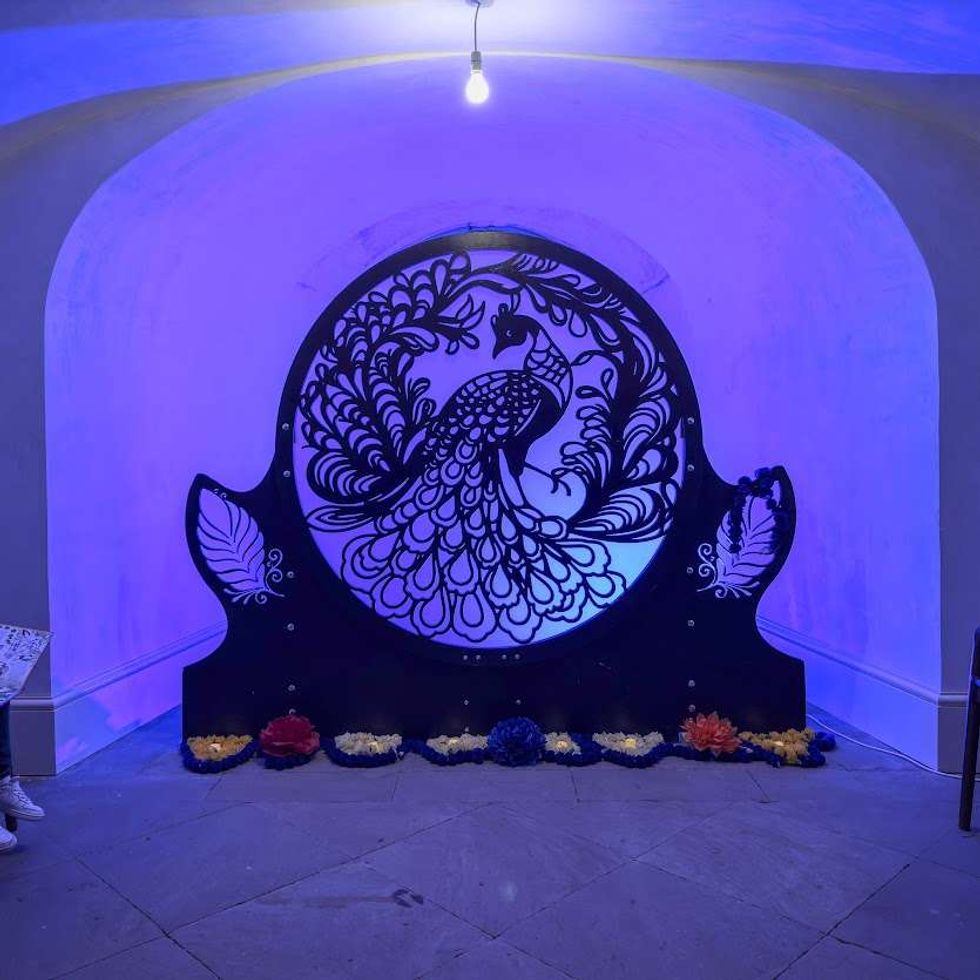A new study has revealed that humans start experiencing physiological changes before they get sick. According to an expert when people are surrounded by other sick people, they may be more prepared for illness as their immune system begins to gear up for potential infection.
“In other words, our brains can obtain information from diseased people and then elicit changes to our physiology. For example, observing images of sick people can already trigger activation of the immune system,” informs Patricia Lopes, an assistant professor of biological sciences at Chapman University’s Schmid College of Science and Technology.
She is reported to have said that this means that parasites like viruses have more of an impact on a person's physiology than they may know, as any time another person is witnessed being sick, the body expends energy on preparations.
“Our physiology, particularly the immune system — the system that protects the body from invaders — is tightly regulated,” Patricia explains in a university release.
“Once we become sick, our physiology can drastically change to support recovery from the disease.”
She is of the opinion that there is some evidence that the physiology of human beings changes when they view another sick person.
In her study published in Functional Ecology, Patricia writes that uninfected animals which include humans, have built-in mechanisms to avoid being infected with a parasite.
She adds, “Uninfected animals can attempt to prevent parasitism in many ways.”
One method of avoidance that is “less well studied, and consequently, less well understood” is a physiological avoidance,” she states.
However, a key question is whether or not this sort of “gearing up” for sickness is actually able to reduce infection in some way.
Patricia cites a large gap in knowledge is still preventing people from understanding how this phenomenon works, and how it can affect a person and spread of disease as a whole.
So, in the context of a large outbreak like COVID-19 or monkeypox, does the overall increased awareness individuals have of parasites around them help them avoid infection in some way?
According to previous studies, humans naturally view illness as something that is revolting and repulsive, the Daily Mail states.
Therefore, as a result, they tend to avoid individuals they perceive to be sick, as a form of self-preservation.
A study published in 2010 by the University of British Columbia discovered that people who were shown pictures of sick people had elevated levels of interleukin-6 (IL-6), which is secreted by white blood cells as a defense mechanism.
Commenting about the same, Mark Schaller, co-author of the study, reportedly said in a statement at the time, “It makes evolutionary sense that the immune system would respond aggressively only when it's really needed.”
He adds, “If I see a bunch of sick people, maybe a big infection is around, and I better kick my immune system into high gear.”


















